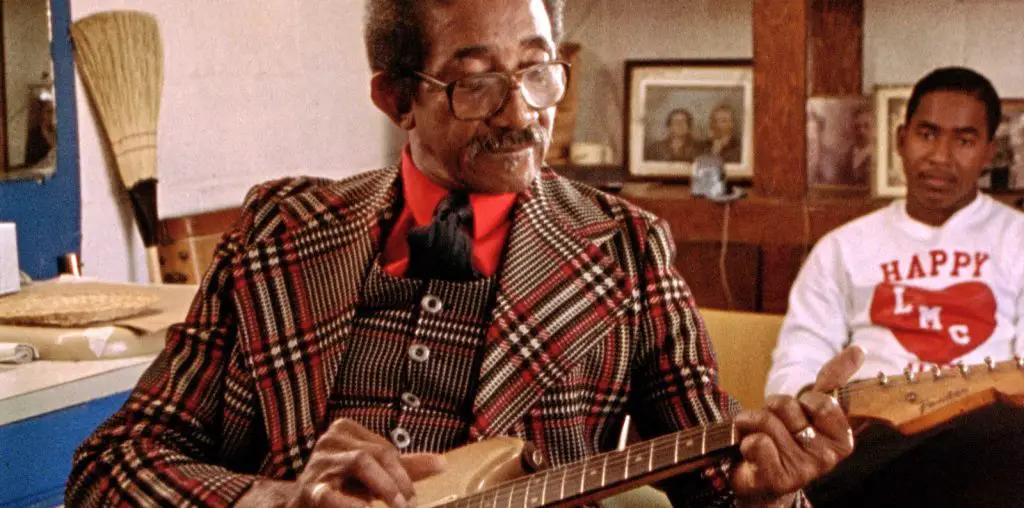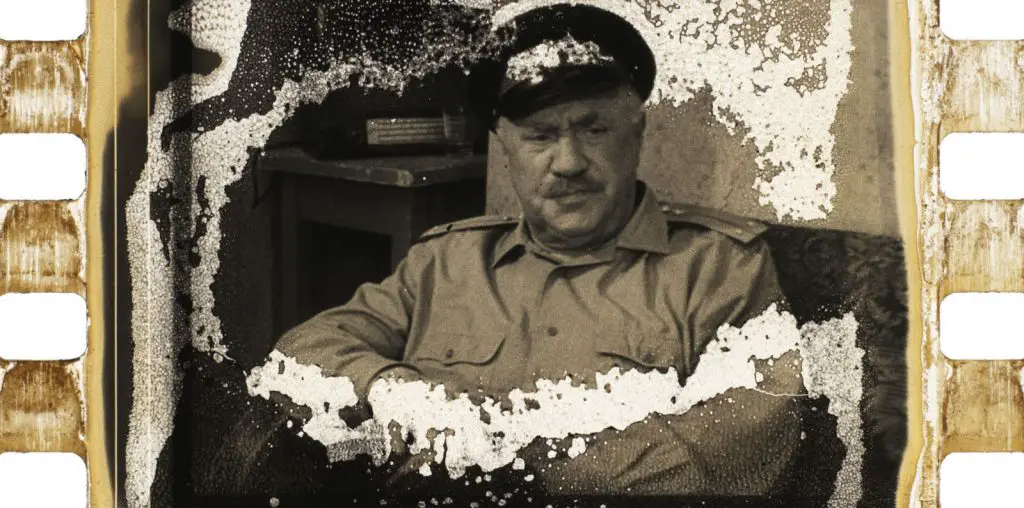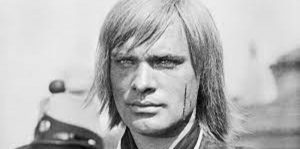
When every American film these days seems to vilify Russia, it’s refreshing to see one that appreciates the beauty behind the Iron Curtain. Unfortunately, the documentary still veers into being one-sided from time to time. Its focus on the restrictions enforced upon cinema by the Soviet regime is understandable, but the lack of mentioning some truly astounding features produced under those circumstances is not. In the States, there was censorship too… until the 1960s!
Imagine a documentary so vehemently focused on that aspect it fails to mention Citizen Kane or Rear Window. In its condemnation of the politics that forbade “anti-Soviet propaganda,” as well as sex and violence, Oleg forgets to point out the masterpieces that arguably benefited from these restrictions. Innuendo can be infinitely more effective than overt display; just look at Hitchcock’s career, pre- and post-censorship.
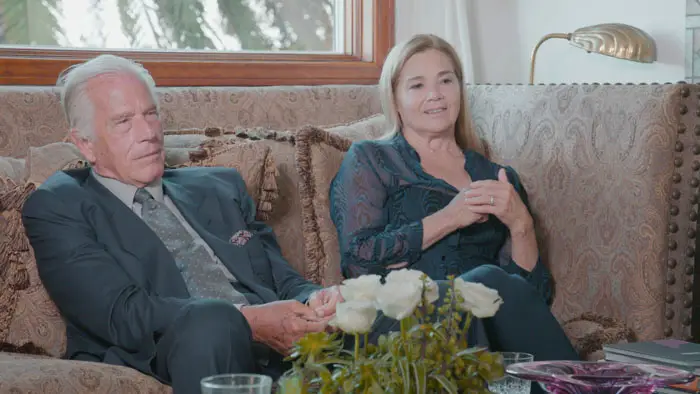
“…bolstered by Brian Cox’s authoritative voice…”
Tass certainly glamorizes her subject. Even Vidov’s failures, like the shoddy Train Crossing, which he directed, are blamed on the regime, as opposed to, you know, not being very good. The feeling that another, darker, more complex, and perhaps unlikeable side of the actor is not being explored haunts every frame. The film is also curiously one-sided when depicting Vidov’s wife, whom it vilifies as relentlessly as Hollywood films vilify Russia. Perhaps she was this cruel, but again, it feels like there may be more to the story.
That being said, lovers of international cinema will find much to admire here. Oleg is a treasure cove of stunning historical footage and seamlessly integrated reenactments. All of it is bolstered by Brian Cox’s authoritative voice and a central star whose enigma imbues the entire thing with magic.
Oleg screened at the 2021 Newport Beach Film Festival.
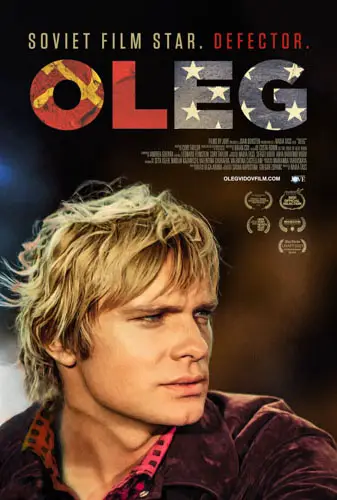
"…refreshing to see one that appreciates the beauty behind the Iron Curtain."
